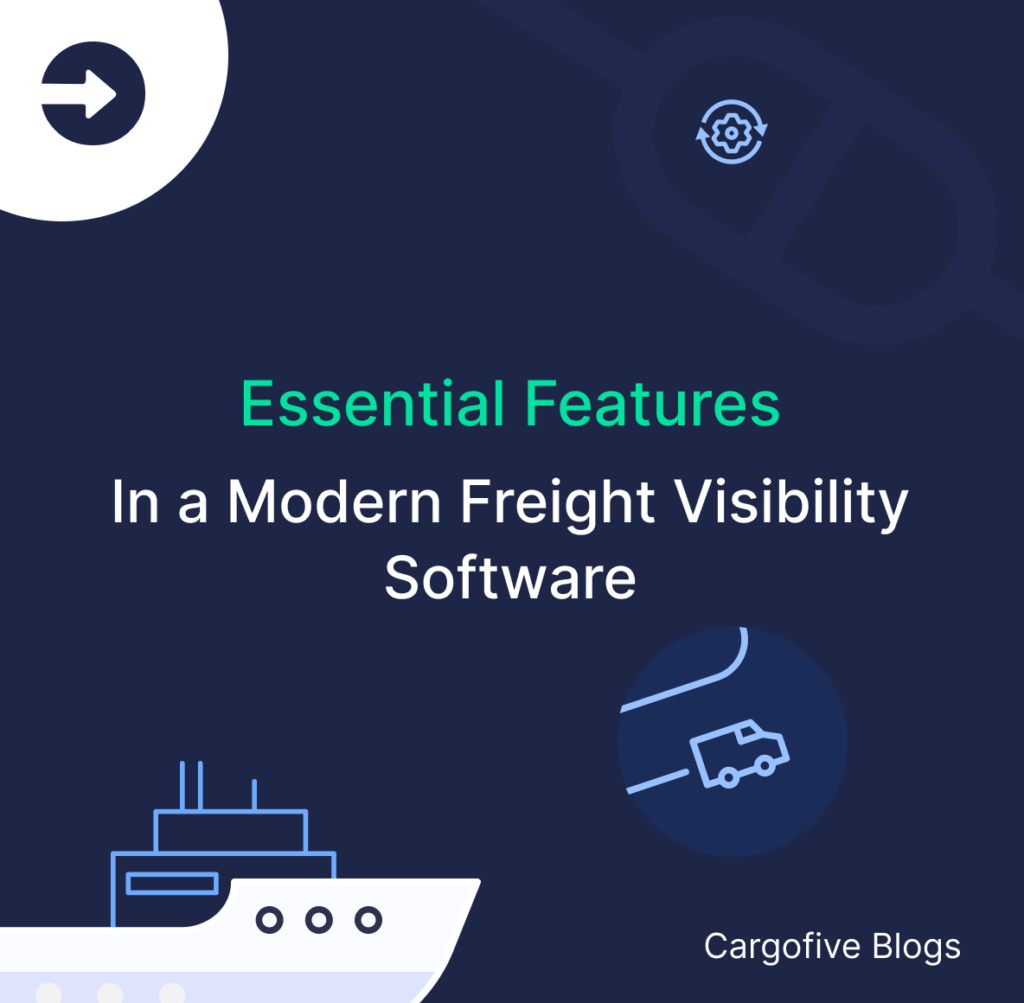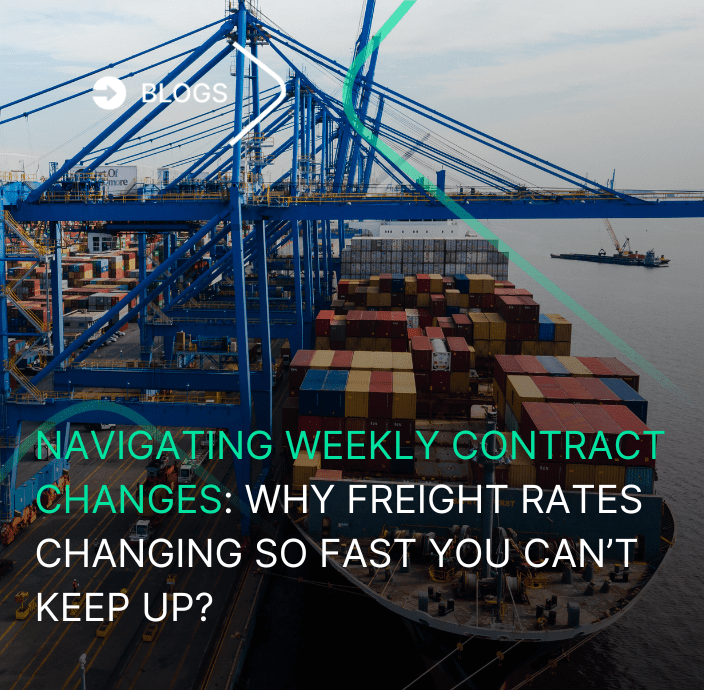Freight forwarders’ profit margin is limited as their earnings come from helping shippers to organize the loads and properly deliver their shipments. This margin is often affected by neglecting the hidden costs of using outdated systems that make their tasks even more difficult and invested expenses. Thus, we decided to list for you those hidden costs that freight forwarders are ignoring by not digitizing their processes.
The costs that freight forwarders are facing increase day by day. Although some may seem obvious since they are totally visible, there are others that aren’t since they are hidden in the activities they carry out on a daily basis and that are not totally explicit to the processes.
A cost that grows more and more is the one that lays on avoiding digitalization in a freight forwarder. It makes the tasks of those in charge of organizing the load’s shipment slower and increases their margin of error. Plus, it doesn’t satisfy the customers’ demand, who want more speed and efficiency.
Which are the hidden costs that freight forwarders face by not digitizing?
- Use of old and dispersed systems
In the day-to-day life of the international shipping industry, a freight forwarder deals with many invoices, different bills, as well as balancing credit and debit notes and their corresponding receipts. Sometimes, balances must be manually reviewed to avoid overlooking customer payments. This is an arduous task that not only corresponds to the accounting team but to the entire organization since it conditions the cargo’s shipment, its times, and its costs.
Nowadays, there is a wide range of software capable of being fully integrated with systems already used in other parts of the cargo shipping process. At Cargofive, for example, we have high flexibility to easily integrate data between different parties via APIs, allowing freight forwarders to access updated information in real-time whenever they want.
2. Insecure and inefficient documents management
Many companies keep the storage and register of important documents in a physical and dispersed way. This often means an obstacle to share information between different parties, which creates inconsistencies and is a threat to the integrity of the information collected there. Even more so in the forwarding industry, where we are dealing with companies that are located in different countries.
It’s vital then to count on tools that allow the collection of information in a more structured, secure, and automated way, in order to reduce those unacknowledged costs faced by freight forwarders, as well as time and error margins. With this in mind, our friends from eTEU developed a platform that connects members of the supply chain, automating the process of preparing documentation for shipment, digitizing original documents such as the Bill of Lading, and establishing an immutable audit trail shipment using blockchain technology.
3. Non-fluent internal communications
When it comes to services, quality depends entirely on the people who are part of the company. For this quality to be optimal, it’s essential to work on fluid and stable internal communication systems, which ensure that the appropriate information reaches customers to achieve closeness with them and a correct follow-up.
This is often difficult to achieve as different departments don’t communicate properly, consuming people’s time and affecting customer requirements. In order to avoid this, it’s crucial to work with collaborative tools that allow access to information in real-time to all the workers involved in the shipping process, especially those involved in decision-making.
Currently, the position of freight forwarders in international freight transport has greater weight as well as responsibilities and demands. Because of this, it’s essential to keep up with the industry to maintain under control those costs they face and offer an adequate experience to their customers.
AUTHOR



